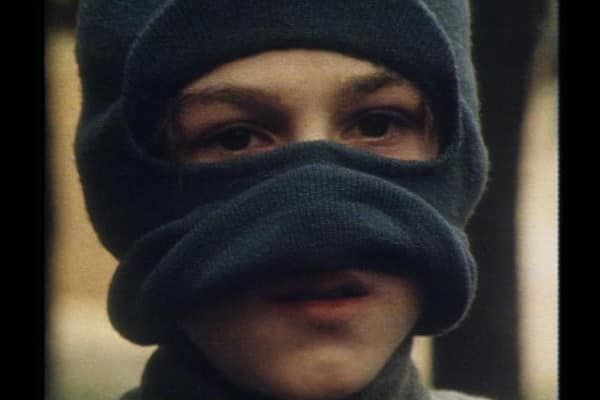Eye For Film >> Movies >> Camorra (2018) Film Review
Camorra
Reviewed by: Amber Wilkinson

It was recently revealed that police in Glasgow had successfully reduced the amount of violent crime in the city by treating it as a public health issue or, in simple terms, as a disease to be cured by various social interventions, including better healthcare and social work. It's an approach that you suspect documentarian Francesco Patierno would get behind, as his latest film, which tracks the history of organised crime in Naples through archive footage, suggests a bleak violent cycle fuelled by poverty and social issues that catches kids at an early age and never lets go.
What's particularly striking about Patierno's argument - matching the cycle he discusses by being repeated in voiceover at the beginning and the end of the film - is the complicity and encouragement of the ruling class in the blossoming of the Mafia-like Camorra. By allowing the general populace to somehow make ends meet through contraband selling and other low level criminality, his film suggests, just enough money is kept in the system to stop them rising up in revolution against the political class who have abandoned them.
The footage from RAI-TV ranges from black and white snapshots of the city from the Sixties, when cigarette smuggling was on the rise, through to colour interviews in the early 90s with Raffaele Cutolo, who came to be described as the "boss of the bosses" of the Camorra. The charisma falls from him in waves as he denies knowledge of crime and claims every life is sacred, with prison (where he remains to this day), seemingly no impediment to power.
Not everything in the film is easy to follow for those without an existing knowledge of Italian organised crime, with scant details given as to who is who and terms such as NCO thrown in without an explanation that it stands for Nuova Camorra Organizzata (New Organised Camorra), for example. Nevertheless, not much explanation is needed to be immersed in the mournful and well-edited examination of a city in which the citizens become unwitting "foot soldiers" in a shapeless but enduring war.
"It looks like a film but the victims are real", says one contributor - a point shockingly underlined by the sight of someone being gunned down in the street. Elsewhere, children as young as five describe their day selling cigarettes, while teens explain how they rob with their mopeds. "When it comes to money, we don't feel sorry for anyone," is the bleak assessment from one of them. This sense of resignation is underlined by the hauntingly affecting choral-inflected score by Neopolitan singer Meg.
The film is available to watch online at Festival Scope's Sala Web until September 19.
Reviewed on: 03 Sep 2018















